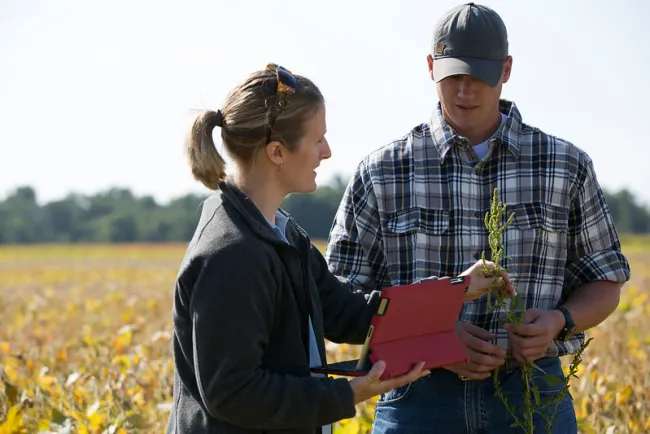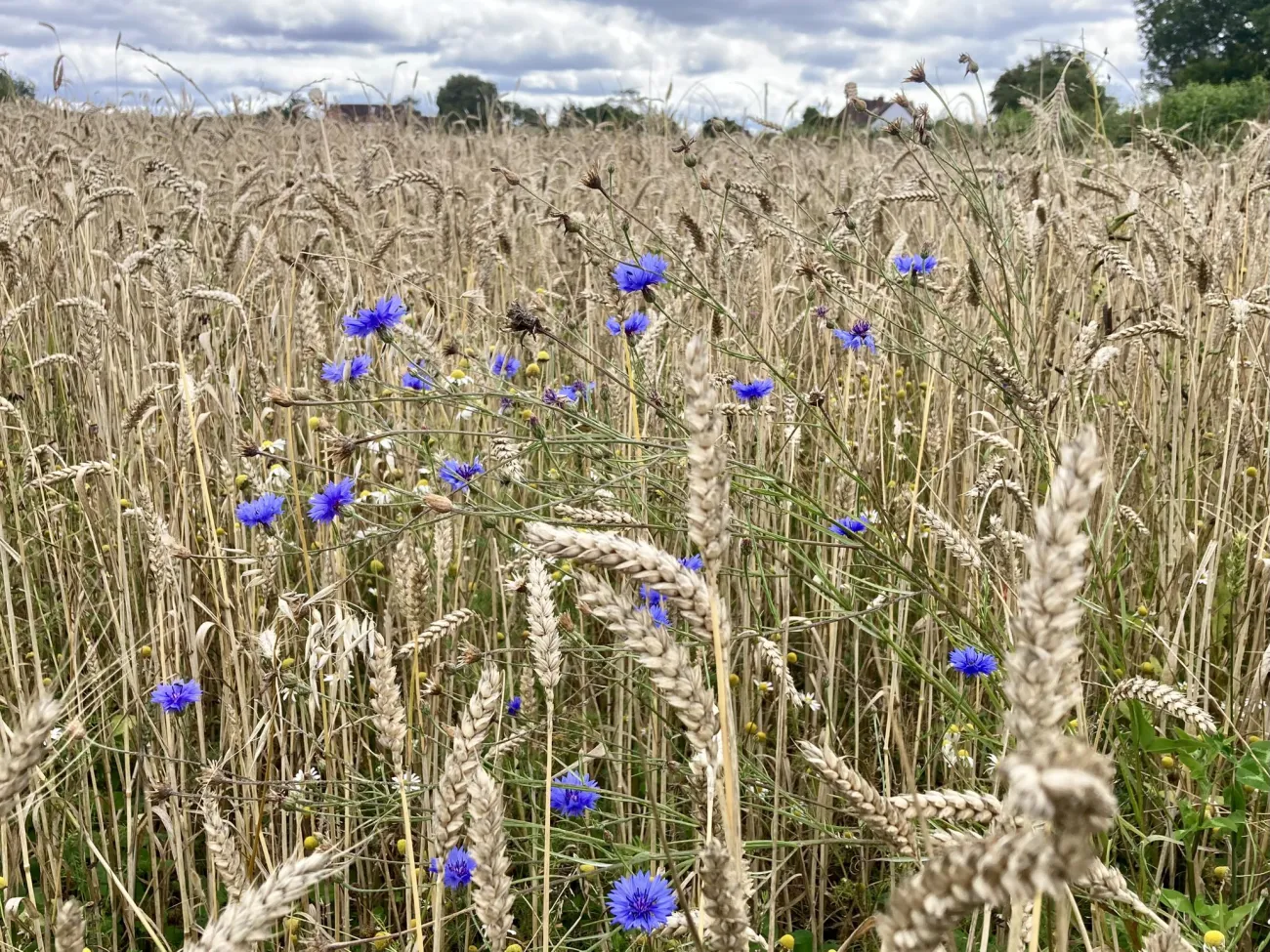This paper addresses the concept of co-production of actionable knowledge - where researchers and decision makers interact iteratively to produce knowledge that can be acted on, instead of a one-way flow of information from researchers to decision makers - in relation to research on environmental sustainability.

The paper sets out three principles of producing actionable knowledge:
- Substantive interactions between those who create knowledge and those who use it.
- Ensuring equitable relationships between all parties to the process, e.g. by evenly sharing power and responsibilities, and by considering who is or is not included in the process.
- Producing knowledge that is useful to decision makers.
The paper notes that evaluating whether the process of producing actionable knowledge has been effective can be difficult, because of the often large time lag between producing knowledge and any social or ecological results being seen, and because of uncertainties in the extent to which any particular piece of knowledge has contributed to an outcome.
It proposes using “principles-focused evaluation”, whereby the following three questions are asked:
- Were the three principles of actionable knowledge (above) meaningful to all participants?
- Did all participants stick to the principles during the knowledge production process?
- Did the process produce the desired results? This could be assessed by recording the participants’ perspectives on how the knowledge might be used, and identifying possible pathways by which the knowledge might produce an impact (including indirect or less tangible routes, such as through attitude change or development of networks).
The paper notes that funders have perhaps contributed towards a separation between basic and applied research by maintaining separate funding streams for each type of research, but that funders are well placed to encourage, test and experiment with alternative research methods, such as by requiring researchers to use some form of co-production or by offering training.
Abstract
What makes knowledge relevant to environmental sustainability actionable, and how can its societal impacts be evaluated? Scholars and practitioners have increasingly advocated that the traditional linear model of knowledge production, with its unidirectional flow of information from researchers to policy-makers, be replaced by a new approach in which researchers and knowledge-users meaningfully interact to co-create knowledge that is actionable in decision-making. This popular model — co-production — has advanced thinking on how to create usable knowledge. In practice, however, co-production has not been a single approach, but instead a diversity of forms of engaged research. Further, the jargon may both obfuscate governance dimensions and limit understanding of what works. Improved distinction among the different ways researchers and societal partners interact can enable attentive and effective engagement across contexts. Recognition of this diversity is necessary in advancing the processes and impacts of actionable knowledge for sustainability.
Reference
Mach, K.J., Lemos, M.C., Meadow, A.M., Wyborn, C., Klenk, N., Arnott, J.C., Ardoin, N.M., Fieseler, C., Moss, R.H., Nichols, L. and Stults, M., 2020. Actionable knowledge and the art of engagement. Current Opinion in Environmental Sustainability, 42, pp.30-37.
Read the full paper here. See also the Foodsource resource What are the influences on our food choices?




Comments (0)